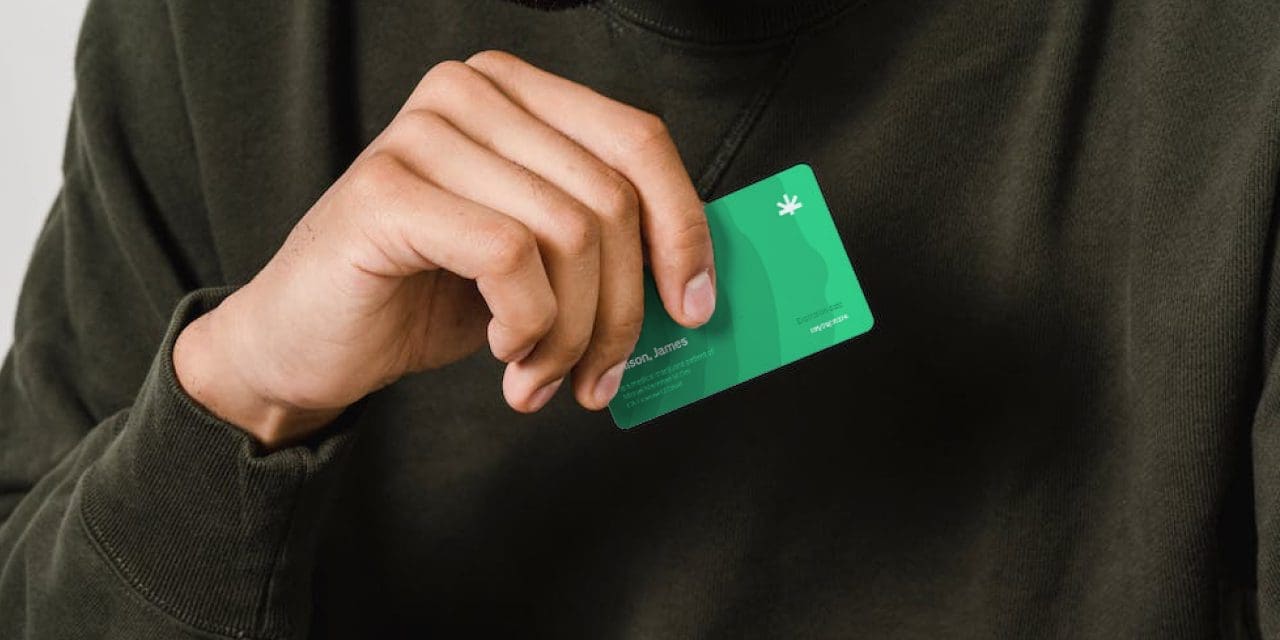Can healthcare professionals have medical cards?
3 min read



Healthcare professionals, including doctors, nurses, and pharmacy technicians, are legally allowed to have medical cannabis cards. But using cannabis during work hours or getting positive results on a drug test may lead to certain penalties.
While several states offer legal protections to employees who have a medical marijuana card, whether a healthcare professional is eligible for these protections can depend on what their specific job position is and where they practice. In most cases, healthcare workers are not protected like other employees.
If you work in healthcare, it’s important to know your legal rights as a medical cannabis cardholder, as well as your individual employer’s policies regarding cannabis use.
Want to save 50% on your medical card?
Become a Leafwell Member!
Leafwell Members enjoy access to:
- 50% off medical cards — new or renewal
- Personalized cannabis care plans
- Up to 30% off at leading dispensaries

Can nurses have a medical card?
No laws prevent nurses, including registered nurses and nurse practitioners, from obtaining a medical cannabis card legally through their state’s medical cannabis program.
However, many hospitals screen employees regularly for drug use, including cannabis. Even as a medical cannabis cardholder, a nurse can still be penalized if they test positive for cannabis and it’s against their employer’s policies.
Several, but not all, states protect cardholding employees from getting fired from a positive test. But most states exempt those who work in “safety-sensitive” jobs, which often include many healthcare-related positions.
Even with legal employee protections, if using cannabis interferes with your ability to do your job, it may result in disciplinary action, according to the National Council of State Boards for Nursing (NCSBN). Nurses are also strictly prohibited from using cannabis at work.
Should travel nurses use medical marijuana?
Travel nurses, like other healthcare professionals, can legally obtain a medical cannabis card. However, those who cross state lines need to be extra careful with their cannabis use.
Cannabis is illegal under federal law, so traveling across state lines with cannabis is considered a federal crime. Getting caught breaking this law can result in criminal charges, including fines and jail time.
Can nurses smoke weed during non-work hours?
As long as you are a registered medical cannabis cardholder, and your cannabis use doesn’t interfere with your ability to do your job, you can likely consume cannabis when you’re not working.
Still, if you test positive for cannabis, it could lead to disciplinary action. It’s best to research your state’s cannabis laws and medical board guidelines to know exactly how you can and cannot use cannabis as a nurse. Also note that some employers are stricter than others regarding cannabis use.
Can doctors have a medical card?
Like nurses, doctors are legally permitted to have medical cannabis cards. But they cannot recommend themselves for a medical cannabis card. They must get a recommendation from a separate physician.
That said, a doctor may lose their job if they test positive for cannabis, even if they live in a state that offers job protections to employees with a medical cannabis card. Most doctors are exempt from these legal protections because their job positions are considered “safety-sensitive.”
Can doctors smoke weed during non-work hours?
Doctors aren’t prohibited from consuming cannabis during off-hours in states where it’s legal to do so. But failing a drug test can still lead to disciplinary action.
Can you be a pharmacy tech with a medical card?
Pharmacy technicians are legally allowed to get medical cannabis cards. However, those who work for federally funded pharmacies, including Medicare and Medicaid, may put their jobs at risk if they test positive for cannabis. That’s because federally funded pharmacies must adhere to federal rather than state law — and cannabis is prohibited at the federal level.
Like with other healthcare professions, a pharmacy tech can also lose their job if using cannabis interferes with their ability to do their work.
Tips for using medical marijuana in healthcare
If you’re a healthcare worker who has a medical cannabis card, be sure to:
- Check your state medical cannabis laws and medical board guidelines: Find out if certain protections are offered to healthcare professionals who are medical cannabis cardholders in your state. Also, refer to your medical board to see if there are any rules regarding cannabis use.
- Speak with your employer: Some employers have rules regarding cannabis use that are more strict than others. Talk with your supervisor about your workplace’s individual policies for medical cannabis cardholders, including those related to drug testing.
- Don’t use cannabis during work hours: Regardless of state laws and individual employer guidelines, using cannabis while you’re at work puts you at risk of losing your job.
The bottom line: Healthcare professionals should be cautious with medical cannabis use
Even though it’s legal for healthcare professionals to get medical cannabis cards, you can lose your job if you test positive for cannabis after a drug screening.
And for all healthcare professionals, using cannabis at work — or in a way that impacts your ability to do your job — is strictly prohibited.
That said, certain legal protections are offered to some healthcare professionals who have a medical cannabis card. If you want legal access to medical cannabis, contact a Leafwell provider about the next steps.
Want to save 50% on your medical card?
Become a Leafwell Member!
Leafwell Members enjoy access to:
- 50% off medical cards — new or renewal
- Personalized cannabis care plans
- Up to 30% off at leading dispensaries

Resources
- Guidelines for medical marijuana. https://www.ncsbn.org/nursing-regulation/practice/marijuana-guidelines.page
Get your medical marijuana card
Connect with a licensed physician online in minutes.
Larger purchase limits Access to higher potency strains Save up to 40% on product taxes Enhanced legal protection
Frequently asked questions
Get answers to common questions about medical cannabis for healthcare workers.


